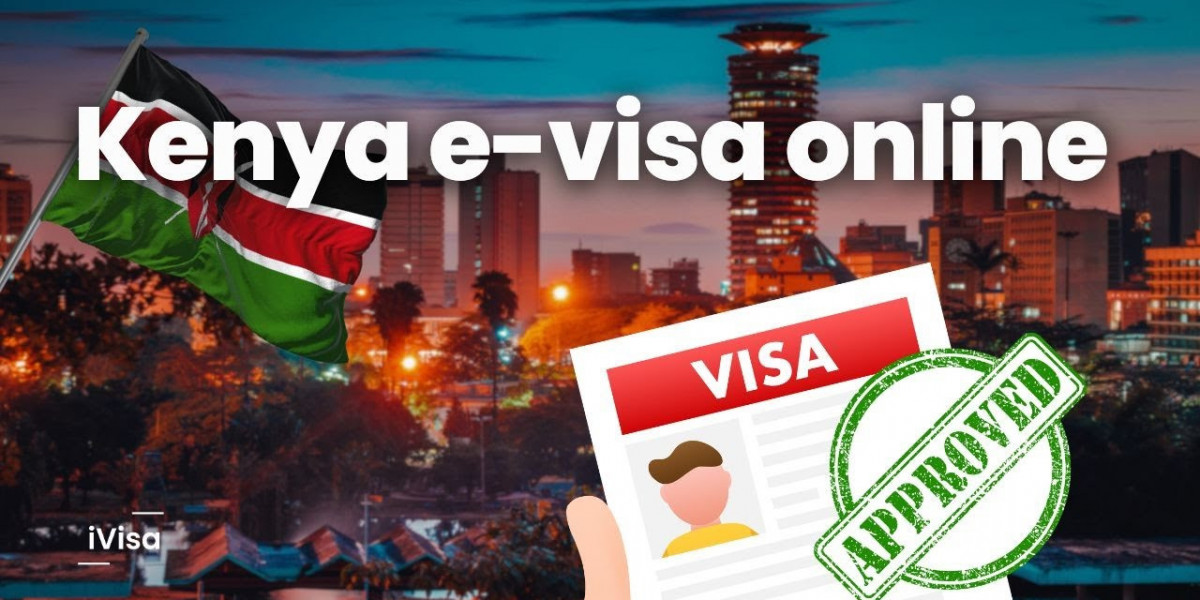When Ravi, a small business owner in Singapore’s manufacturing sector, received a large overseas contract, he knew he needed more hands on deck. However, despite advertising locally, he couldn’t find the skilled technicians required. Faced with tight deadlines, he discovered a crucial process that could help—the prior approval (PA) application to recruit foreign workers. For Ravi, this wasn’t just paperwork; it was the bridge between ambition and opportunity, enabling his company to expand and contribute more to the local economy.
Ravi’s story is not unique. Across various industries—from construction to healthcare—employers are seeking skilled talent from abroad. Understanding the PA application process is key to ensuring compliance and smooth recruitment when hiring foreign manpower.
Understanding the Prior Approval (PA) Application Process
The prior approval (PA) application to recruit foreign workers is a mandatory step for employers who wish to hire non-local employees under certain work pass schemes. This approval, usually issued by a country’s Ministry or Department of Labor, ensures that employers have met all conditions before proceeding to recruit from overseas.
In many jurisdictions, the PA application verifies that:
- The employer has made reasonable efforts to hire locally.
- The company has no outstanding employment or regulatory violations.
- The proposed roles and salaries meet the set labor market requirements.
The process safeguards local employment opportunities while allowing businesses to meet their operational demands efficiently.
Why the Prior Approval (PA) Application Matters
The PA system plays a vital role in balancing two competing priorities—protecting local employment and supporting business growth. It ensures that the hiring of foreign workers complements rather than replaces local labor.
For employers, obtaining PA signifies credibility and compliance. It reflects responsible hiring practices and demonstrates that the company values both its local and international workforce. Moreover, failing to obtain this approval before recruiting foreign employees can lead to penalties, delays, and even suspension of hiring privileges.
Key Steps in Applying for Prior Approval
1. Assess Workforce Needs
Employers should first identify the specific skills or roles that are difficult to fill locally. Clear documentation of local recruitment efforts strengthens the application.
2. Prepare Required Documentation
Typical documents include:
- Company registration details
- Proof of local recruitment efforts
- Job descriptions and salary ranges
- Financial statements or project details (for justification)
3. Submit the Application
Applications are usually made online through the government’s employment or labor portal. Employers must ensure all details are accurate to avoid processing delays.
4. Await Review and Decision
Authorities will review the application to verify compliance. If approved, the company can proceed to apply for the relevant work permits or passes for selected foreign workers.
5. Maintain Compliance
Once approval is granted, employers must continue adhering to labor laws and conditions tied to the PA approval—such as fair wages, safe working conditions, and valid employment contracts.
Common Challenges and How to Overcome Them
Many companies face hurdles during the PA process, often due to incomplete documentation or misunderstanding of eligibility criteria. To avoid these pitfalls:
- Plan ahead: Start the PA process early, especially if your project timelines are tight.
- Stay updated: Regulations around foreign worker recruitment may change annually.
- Seek expert advice: Consulting with HR specialists or legal advisors can simplify compliance and ensure successful applications.
Employers who invest time in understanding the system often experience smoother hiring processes and better retention of skilled talent.
The Broader Impact of the PA System
The PA mechanism doesn’t just regulate foreign labor—it strengthens national workforce strategies. By ensuring transparency and accountability, governments can monitor labor market trends, address skills shortages, and enhance productivity across sectors.
Businesses that comply with PA regulations also contribute to ethical recruitment practices, fostering trust between employers, workers, and the community. This system promotes inclusivity and sustainable growth, creating a win-win environment for both employers and employees.
Conclusion
In a globalized economy, the ability to attract and retain skilled foreign talent can determine a company’s success. Yet, this must be done responsibly and within the framework of local laws. The prior approval (PA) application to recruit foreign workers ensures that companies like Ravi’s can expand their teams while upholding fair employment standards.
By understanding and embracing the PA process, employers can confidently navigate labor regulations, strengthen their operations, and contribute positively to the workforce ecosystem—one compliant hire at a time.







